Localities are wondering whether they will enjoy regular salary increases like before, and whether allowances will continue to be reserved...
 |
| Staff of the Public Administration Service Center of Vinh Phuc Ward, Phu Tho Province, handle administrative procedures for people. Photo: Nguyen Thao/VNA |
Civil servants and public employees continue to receive allowances as before the organizational restructuring.
Mr. Lai said that the National Assembly Standing Committee, the Prime Minister and the Government Steering Committee have issued detailed guidance documents with many contents, clearly stating that in the process of restructuring the apparatus, cadres, civil servants, public employees and workers receiving salaries from the budget who are directly affected but still work in the system of State agencies will have their current salary and allowance regimes retained.
Currently, the salary policy is being implemented according to the Resolution of the National Assembly Standing Committee since 2004; The Government has Decree 24/2023/ND-CP regulating the basic salary level for cadres, civil servants, public employees and armed forces. For the Party bloc, there is Decision 128/2004/QD-TW of the Secretariat regulating the salary regime for cadres, civil servants and public employees in agencies and units under the Party system, the Fatherland Front and mass organizations.
The wage policy includes three main contents: salary according to the grade (salary coefficient multiplied by the basic salary); salary increase regime and allowance regime. The documents of the National Assembly, the Government and the Government Steering Committee have included these contents.
"For cadres, civil servants and public employees affected by the restructuring, the salary regime will continue to be implemented. This means that salary increases will still be implemented normally if the conditions according to regulations are met," Mr. Lai stated.
Regarding allowances, Mr. Tong Van Lai said that the Ministry of Home Affairs has reviewed and compiled statistics showing that there are currently 18 types of allowances, including allowances for leadership positions; seniority beyond the framework; concurrent positions; regional; special; attraction; mobile; toxic, dangerous; job responsibility; serving security and defense; seniority; responsibility by profession; incentives by profession; special allowances for armed forces; long-term work in particularly difficult areas; public service; Party and mass organization work; allowances for responsibility for internal political protection and responsibility for commune-level positions.
“According to the spirit of the guiding documents, not all civil servants and public employees are entitled to these allowances. When the organizational structure is reorganized and the jobs and titles change, we will continue to receive the allowances we received before the organizational structure was reorganized,” said Mr. Lai; at the same time, he clarified that the Minister of Home Affairs, in his role as Deputy Standing Head of the Government Steering Committee, had signed an official document clearly guiding this content.
Regional allowances and special allowances have not been regulated due to large and complicated quantities.
According to Deputy Director Tong Van Lai, there are two types of allowances that are widely applied and have a direct impact on the process of organizing the apparatus, especially at the commune level, which are regional allowances and special allowances.
Before the organizational restructuring, the whole country had 4,390 communes out of a total of more than 10,000 communes receiving regional allowances and 255 communes receiving special allowances. The scope was very wide, the subjects were very large. After the restructuring of the new communes, the State has not yet regulated allowances for these cases "because the number is too large, too complicated".
The Ministry of Home Affairs has compiled statistics and developed specific plans. There are new communes formed over 4 communes, while the old communes have different regional allowances. Some communes receive an allowance of 0.3, others receive 0.4 or 0.5, or even 0.7. When combined, which allowance level the new commune will calculate is a very big issue that needs to be calculated and regulated in the coming time. The Department of Wages and Social Insurance has reported to the Minister of Home Affairs the plans after reviewing, on that basis, it has collected opinions from 34 provinces and cities across the country.
Mr. Tong Van Lai also suggested that localities continue to review these two types of allowances to proactively develop new allowance plans for new localities. When the Ministry of Home Affairs solicits opinions, there is a practical and scientific basis to propose the most appropriate allowance level for new communes.
Source: https://huengaynay.vn/chinh-tri-xa-hoi/an-sinh-xa-hoi/xay-dung-phuong-an-phu-cap-moi-doi-voi-can-bo-cong-chuc-vien-chuc-cap-xa-156603.html



![[Photo] President Luong Cuong receives delegation of the Youth Committee of the Liberal Democratic Party of Japan](https://vstatic.vietnam.vn/vietnam/resource/IMAGE/2025/8/22/2632d7f5cf4f4a8e90ce5f5e1989194a)
![[Photo] President Luong Cuong attends special political-artistic television show "Golden Opportunity"](https://vstatic.vietnam.vn/vietnam/resource/IMAGE/2025/8/22/44ca13c28fa7476796f9aa3618ff74c4)


![[Photo] Prime Minister Pham Minh Chinh chairs the conference to review the 2024-2025 school year and deploy tasks for the 2025-2026 school year.](https://vstatic.vietnam.vn/vietnam/resource/IMAGE/2025/8/22/2ca5ed79ce6a46a1ac7706a42cefafae)




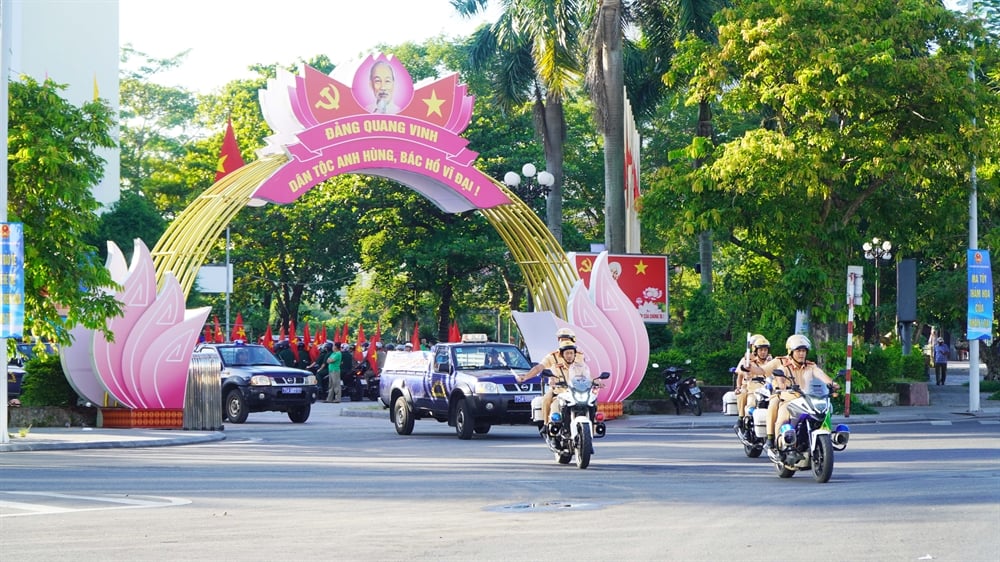
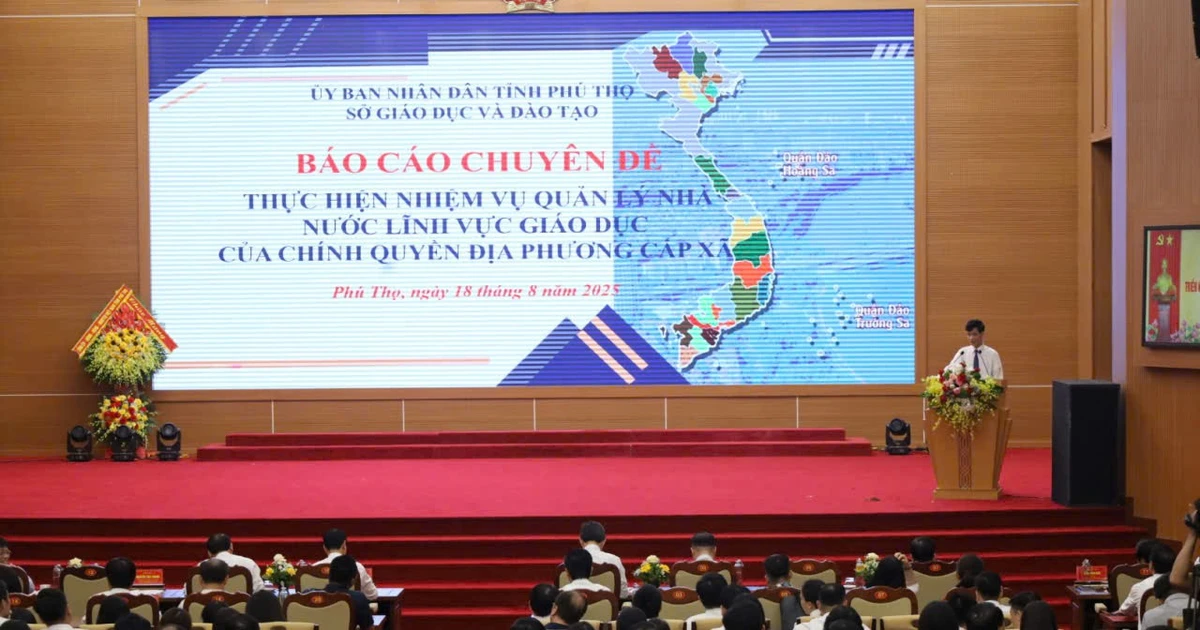

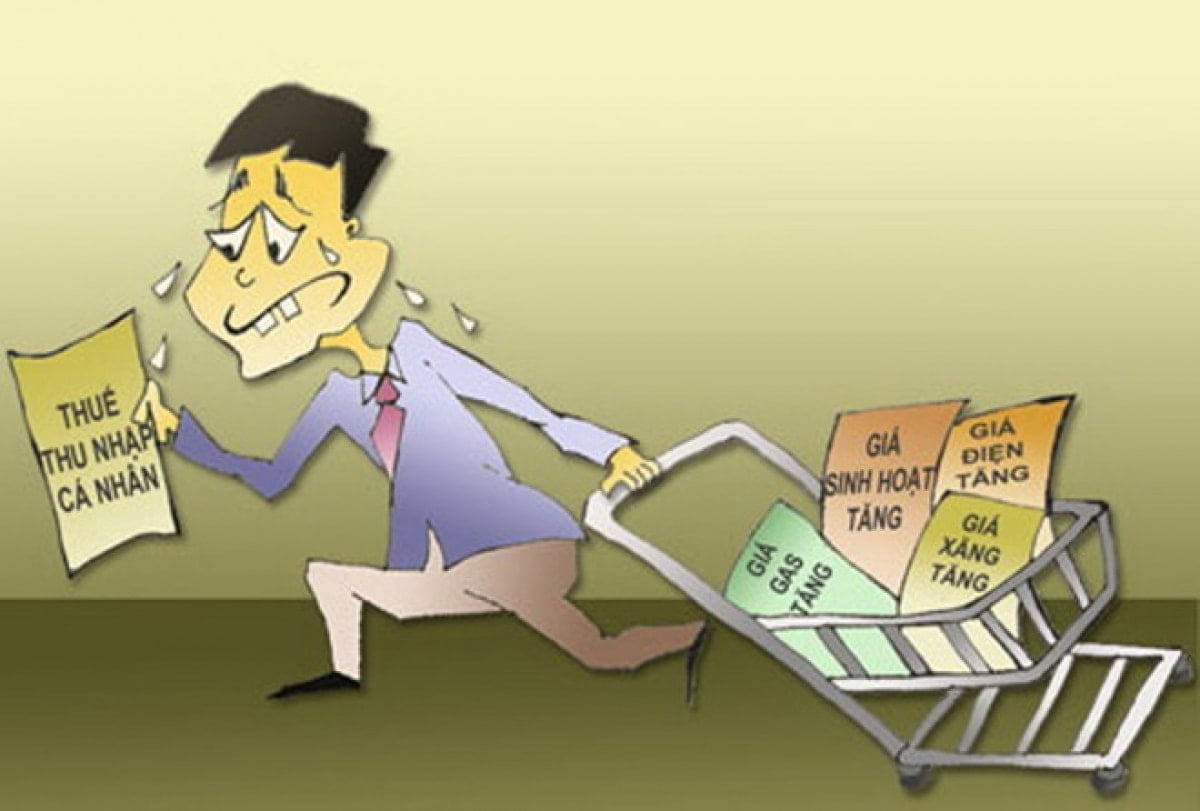

























































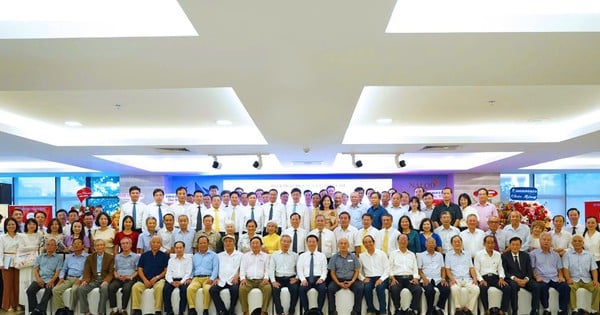

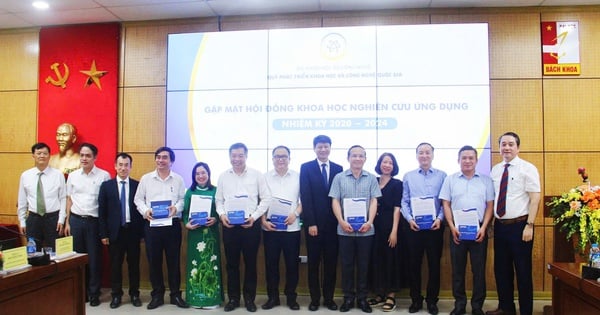





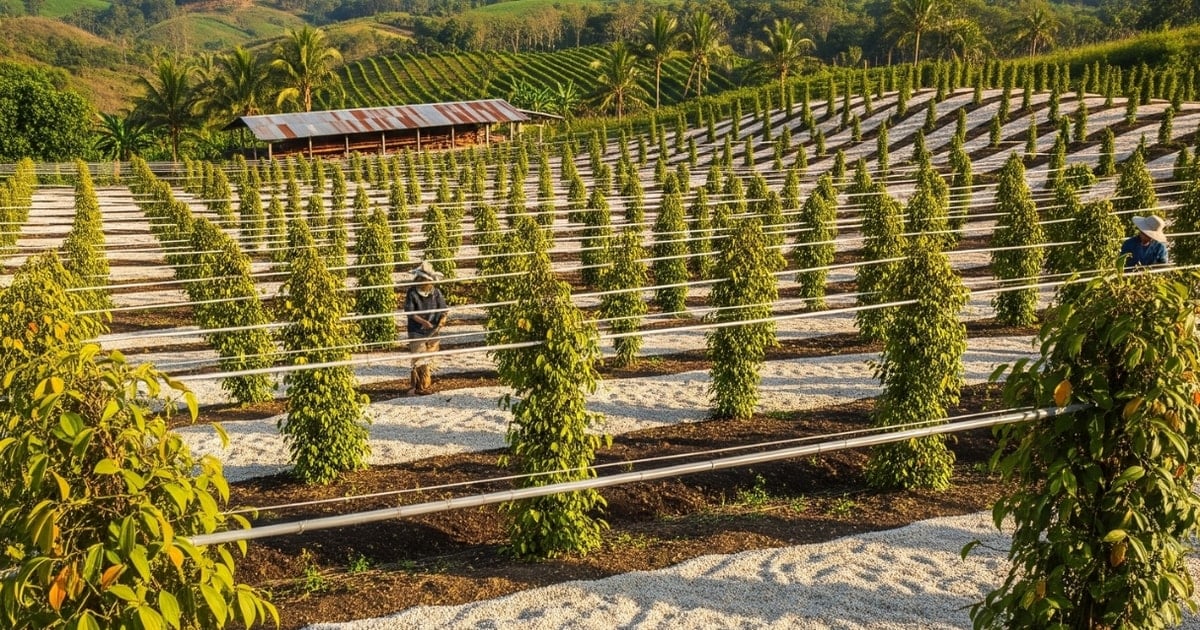


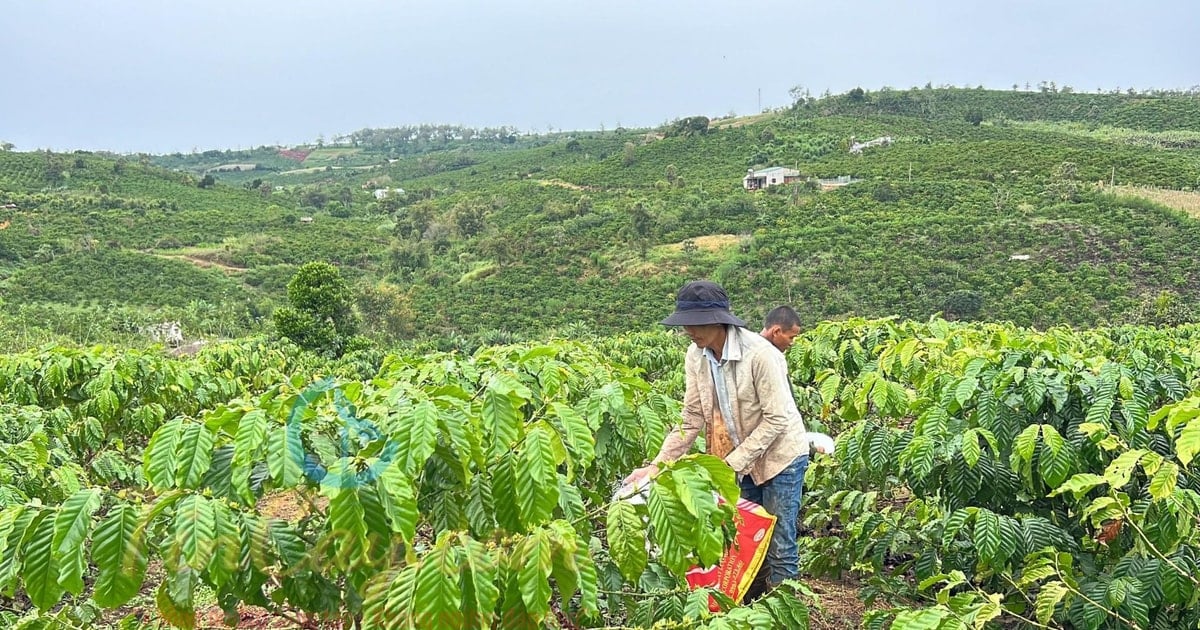
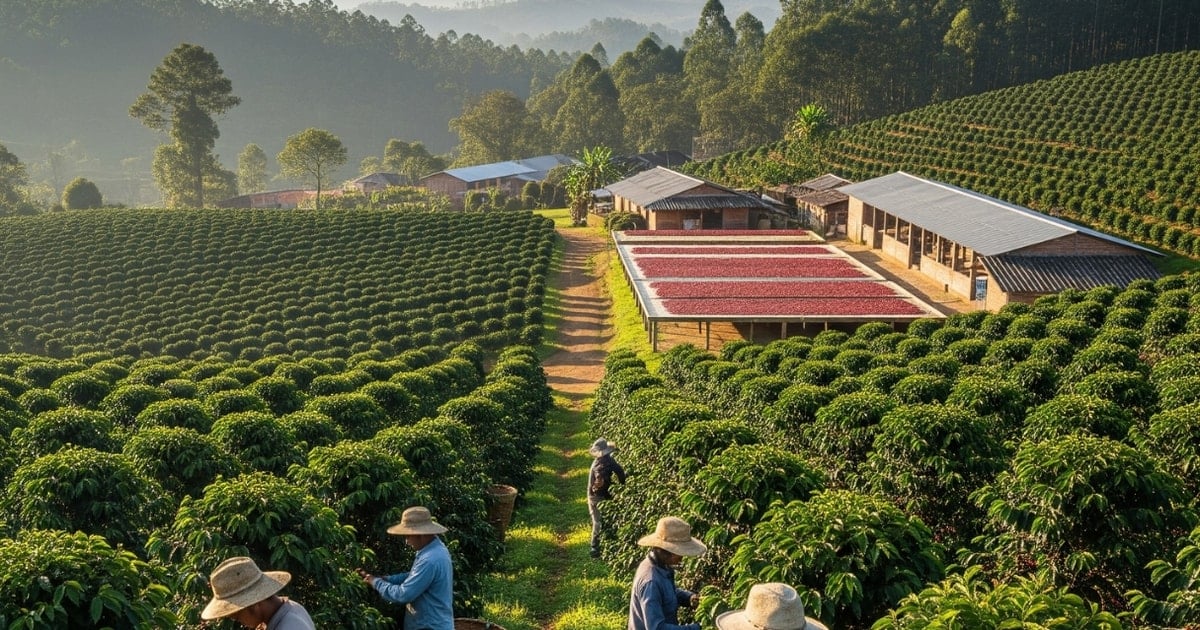
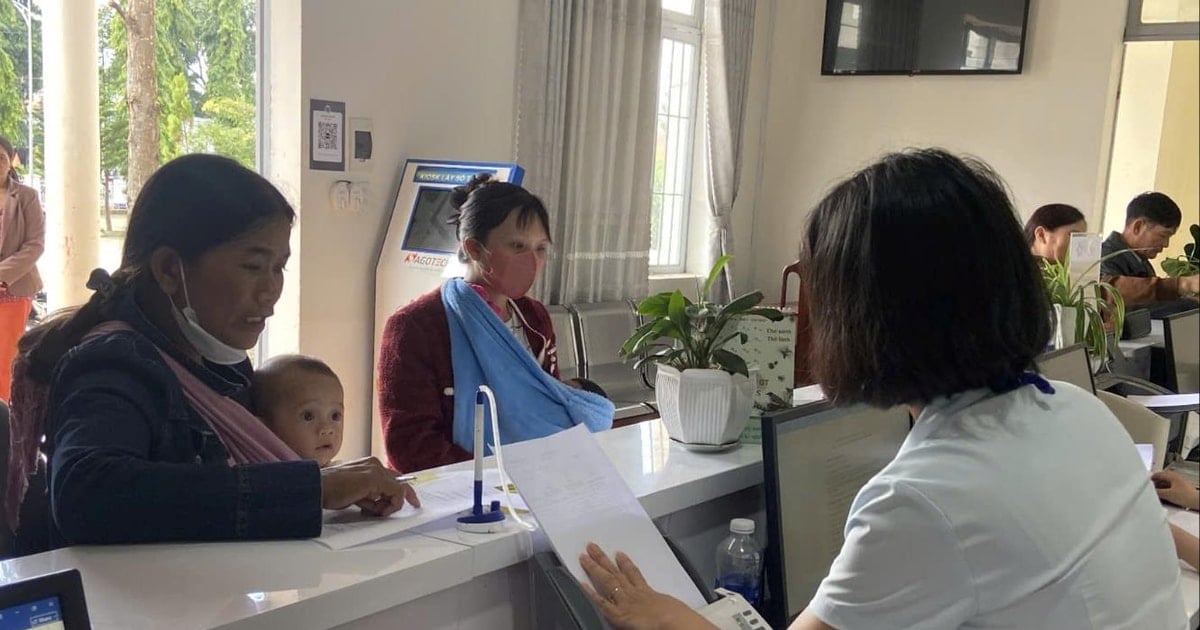

















Comment (0)